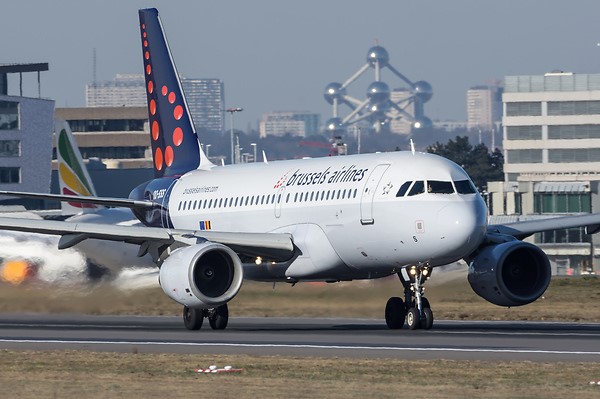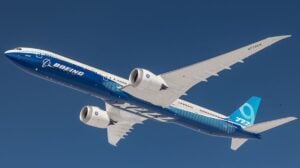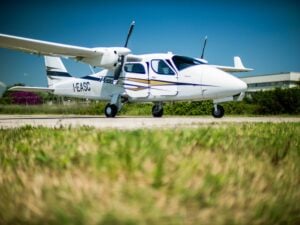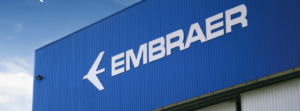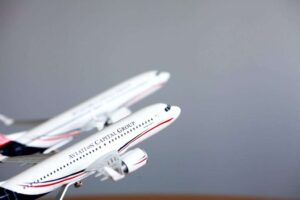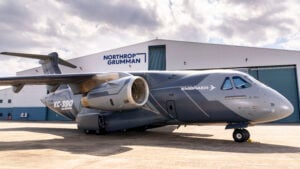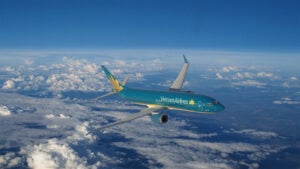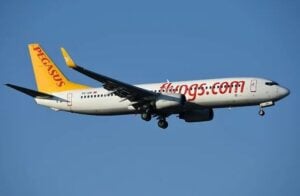Brussels Airlines has reported an adjusted EBIT of €11.6 million for the second quarter of 2024, a decline compared to Q2 2023, primarily due to lower production. The airline has expanded its fleet with an additional Airbus A330 and introduced Nairobi as a new long-haul destination. Despite the weaker quarterly results, Brussels Airlines expects a robust summer season and remains optimistic about overall profitability for 2024. In H1 2024, the airline carried 3.9 million passengers on nearly 30,000 flights, with an average seat load factor of 82%.
“Aviation is a very volatile industry with highs and lows. At Brussels Airlines, we’ve achieved a cost base that allows us to be profitable, even when we face headwinds. We were able to be profitable in the second quarter, which proves our strategy is working. We remain committed to reach a strong profitable result in 2024 aiming for maintaining the profitability level of 2023,” commented Nina Öwerdieck, Chief Financial Officer, Brussels Airlines.
The production decline in Q2 was attributed to a global shortage of spare parts and maintenance schedule shifts from winter to spring. Additionally, the airline’s inability to extend a wet-lease partnership from the previous year resulted in fewer available seats between April and June 2024. This contributed to the €11.6 million EBIT in Q2. Factoring in the first quarter, affected by strikes, Brussels Airlines reported an adjusted EBIT of -€47 million for H1 2024. Nonetheless, high demand suggests a strong summer performance. (€1.00 = US$1.08 at time of publication).

